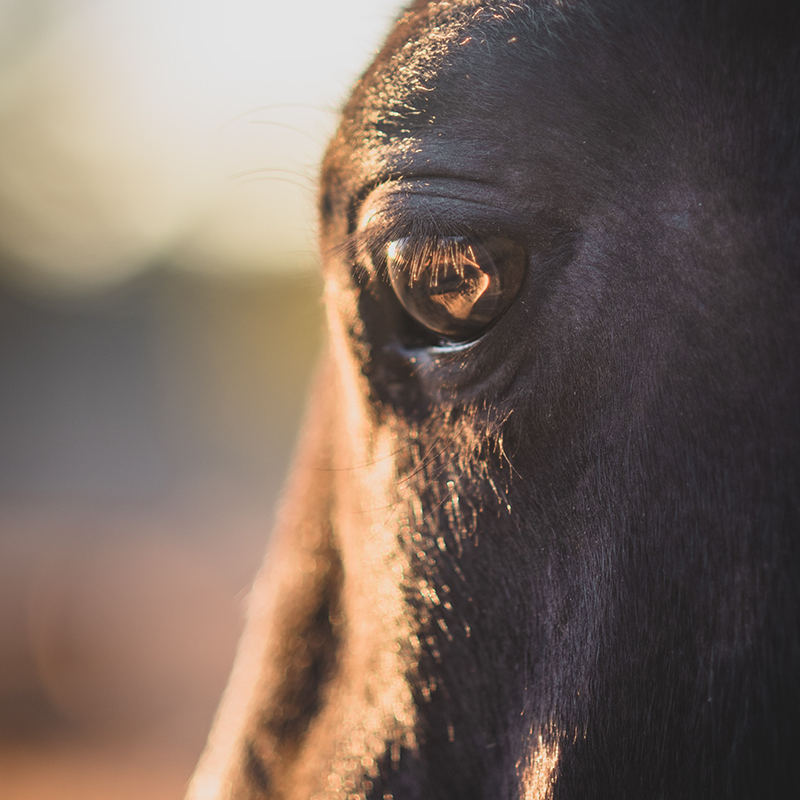Mustangs and Domestic Horses
Examining What We Think We Know About Differences
DOI:
https://doi.org/10.52537/humanimalia.9630Abstract
Mustangs in the American West are descendants of animals that escaped domesticity. Since 1971, these horses have been protected by the Wild and Free-Roaming Horses and Burros Act, but dissonance exists between romantic notions and the actual experience of the mustang. Given thousands of mustangs face uncertain futures in short- and long-term holding facilities, this research aims to dispel misconceptions about the ability of these animals to adapt to domestic settings. If over time mustangs act similarly to fully-domesticated horses, there is motivation to focus on adopting these horses into suitable homes. Using the United States Geographical Survey (USGS) ethogram for Free-Roaming Feral Horses, this study examines behaviors of Bureau of Land Management (BLM) mustangs and domestic horses. Over 26,000 behavioral images were analyzed and sorted into 15 categories. Continuous focal sampling at one-minute intervals captured behaviors for six equids over a one-month period in the summer of 2013. Results suggest that over time, mustangs behave similarly to fully-domesticated horses. Specifically, chi-square goodness-of-fit tests indicated that mustangs living in domesticated settings for a short amount of time (less than five years) differ significantly from equines who have spent more time in domestication (at least 15 years) with regard to resting and grooming. However, mustangs in domestication at least 15 years did not differ significantly from horses who were born and raised in a domesticated environment. In conclusion, behavior patterns become similar amongst mustangs and fully-domesticated horses over time, indicating that adoption is a feasible option for America’s thousands of wild mustangs.
Downloads

Published
Issue
Section
License

This work is licensed under a Creative Commons Attribution-NonCommercial 4.0 International License.









